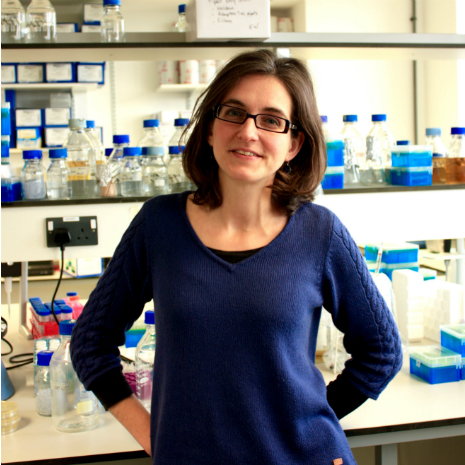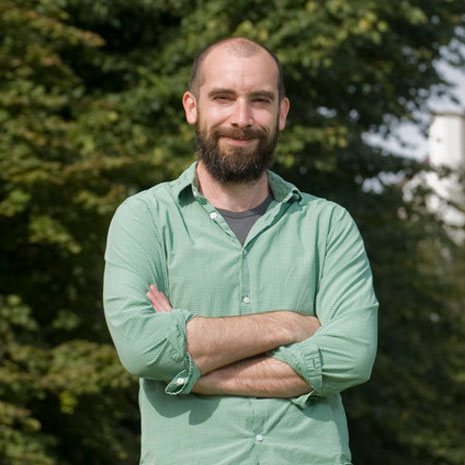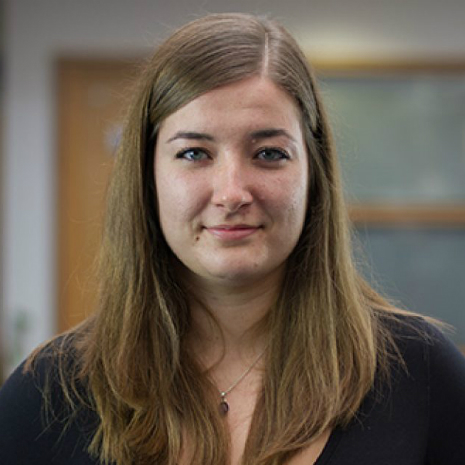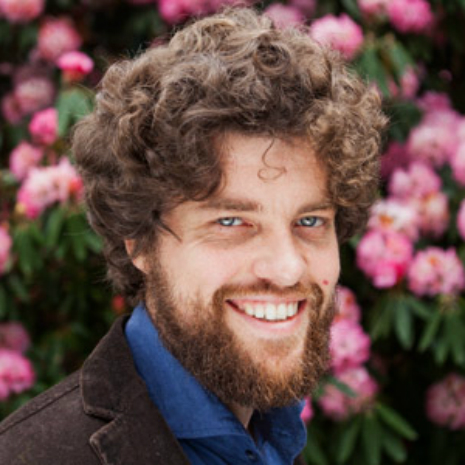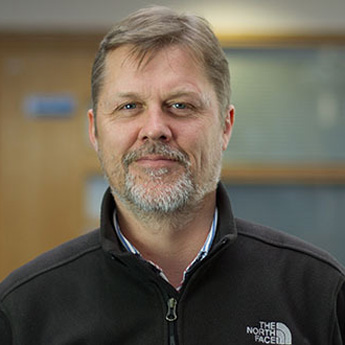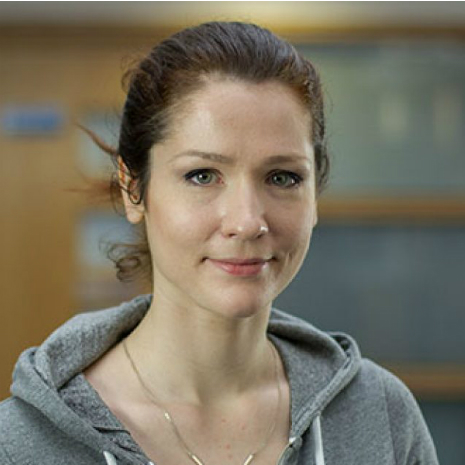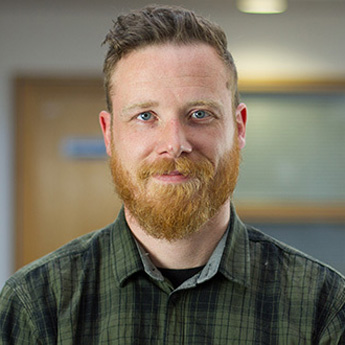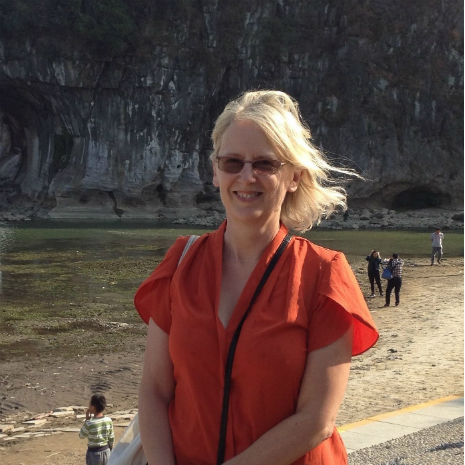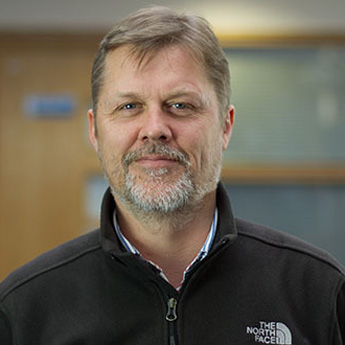The Microbial Ecology team
Microbial Ecology team
Microbial Ecology team
Microbial Ecology team
Microbiologists based at the Environment and Sustainability Institute (ESI) form an integrated team of internationally distinguished scientists who deliver some of the University’s most impactful and high profile research into solutions to problems of environmental change. The science they produce is consistently of the highest quality and at the forefront of their fields, and addresses some of the most pressing fundamental and applied research questions to improve people’s lives and their interactions with the environment.
Research Areas:
- Antibiotic Resistance
- Land regeneration using bacteria
- Bioenergy
- Gene editing
- Microbial adaptation to climate change
- Disease epidemiology, host shifts and virulence
- Evolution of Bio methane communities
- Social evolution of heavy metal remediation
- Bacteria-phage coevolution
- Evolution of pathogenic Pseudomonas aeruginosa
- Evolutionary phage therapy
- Using CRISPR-Cas to remove antimicrobial resistance genes from microbial communities

